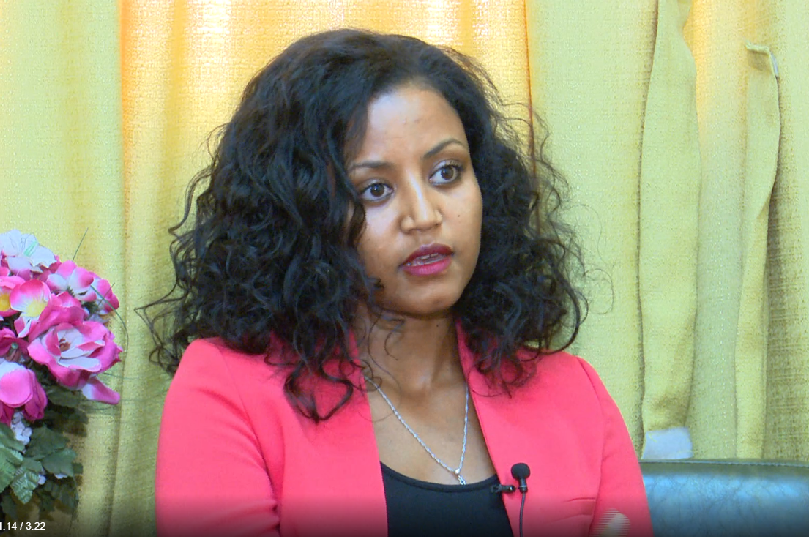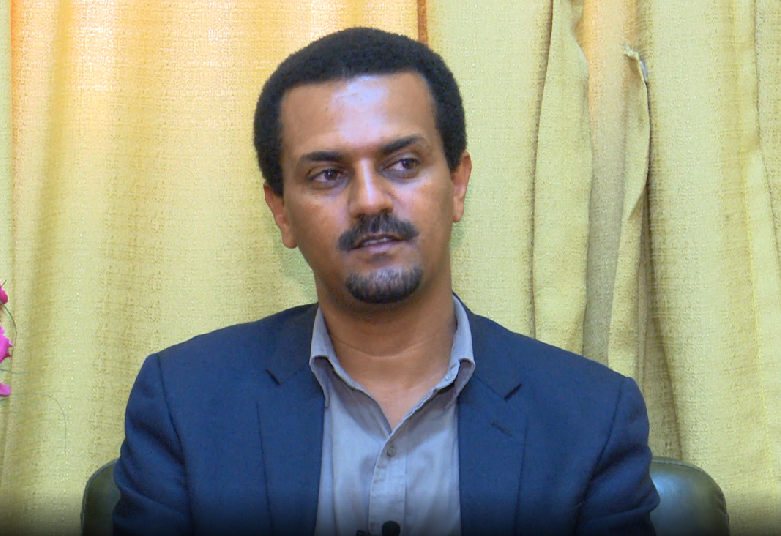Skewed Colonial Treaties Unacceptable by Nile Basin Countries: Experts - ENA English
Skewed Colonial Treaties Unacceptable by Nile Basin Countries: Experts

Addis Ababa, May 27/2020(ENA) Skewed colonial era treaties on Nile River are not acceptable in this era as they fail to benefit all the the basin countries, experts said.
Reaching a comprehensive agreement among Nile Basin countries is pivotal for equitable and reasonable use of the Nile water resources, they stated.
In an exclusive interview with ENA, the independent researcher Mekdelawit Messay said throughout history Egypt has aggressively controlled and monopolized the Nile waters.
Their civilizations and livelihoods have been built on the Nile and historical precedents and injustices have allowed them to have hegemony on the use of waters.
This is illegal, immoral, and unethical, the scholar said, adding that “you cannot share water that belongs to eleven countries between two countries and hope to sustain the status quo forever.”
She further noted that “ in essence what Egypt is asking is uninterrupted flow from upstream countries because it's only when the other upstream countries use none of the water the 1959 agreement can be in place.”

According to Mekdelawit, the social, economic and political dynamics in Nile Basin has changed significantly. "The region used to be economically backward and politically unstable. Those scenarios and those circumstances of the upper riparian countries that were not able to use the waters to their benefits has now changed."
Ethiopia desperately needs to use the waters to lift the country out of poverty and it is the source of over 86 percent of the water. Unfortunately, we were unable to use the waters because of internal and external situations, she elaborated.
"But all that has changed now. All upstream riparian countries have quite impressive economic growth. There is relative peace and stability in the region and their populations are growing. And the increasing population needs more water. So, there's this desperate need to use the water not only for Egypt and Sudan, but also for all riparian countries. It is to be expected that the status quo in the region is supposed to change," she added.
She underscored that “there is no way we can hold onto the colonial agreements, which are unfair, very skewed and in favor of certain countries.”
Mekdelawit stressed that “the way forward for the Nile Basin counties would be to implement equitable and reasonable water use agreement in the basin, and that is the Cooperative Framework Agreement (CFA).”
The CFA which was negotiated for around 13 years by all Nile Basin countries, which makes it quite unique because there has never been a time in the history of Nile Basin all the countries were involved and negotiated about how to use the Nile water, she added.
The researcher said “I think Ethiopia is being fair with respect to Nile waters. More diplomatic work is, however, needed to engage down and upper stream countries. It is imperative that Sudan and Egypt come back to sign and ratify the agreement and make it included into the laws of the land,” she added.
Assistant Professor at the Center for African and Oriental Studies and Associate Dean for Research and Technology Transfer at Addis Ababa University, Samuel Tefera said Ethiopia can mobilize and become a very emerging powerful actor in the Nile Basin as opposed to the previous Egypt hegemony on the Nile River.

Egypt has always promoted exclusionary approach over the Nile, which is greed and disregard for the development aspirations and interest of countries in the Nile Basin and beyond, he underscored.
Samuel added that the best way forward is negotiation and cooperation for the development of the Nile Basin.
He recalled that“Ethiopia has been the most important actor in the establishment of Nile Basin Initiative. Uganda, Rwanda and Tanzania have also been there, and they have done their best because they have been affected by the 1929 and 1959 treaties that give Egypt and Sudan the lion's share of the Nile waters resource.”
Egyptian farmers are not by any means more than the farmers in Ethiopia, and Tanzania as well as the fishers and pastoralists in this entire region, the Assistant professor said, adding that “they have every right of fair share of water resources that did not happen.”
He noted that Egypt and Sudan do not want to sign CAF because they want to maintain their veto power in making any decision that the countries do in developing projects in the Nile Basin.